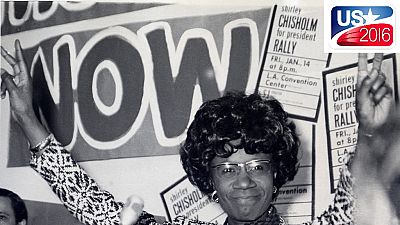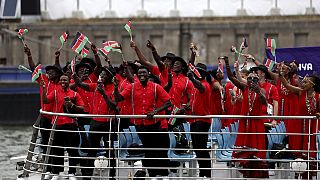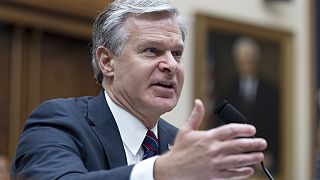USA
“I am not the candidate of any political bosses or fat cats or special interests.”
‘Unbought and unbossed!’
That was the campaign slogan for a woman of many firsts – the first black woman elected to the US Congress, first woman to run for president, and the first black candidate for a major party’s nomination for the presidency.
“I am not the candidate of black America, although I am black and proud. I am not the candidate of the women’s movement of this country, although I am a woman and I am equally proud of that.”
Shirley Anita Saint Hill Chisholm was an educator, activist and politician and one who fought for change. She was used to standing out in many places not least in a Congress where she stuck out like a sore thumb but she made no apologies for it.
Knowing her ambitious attempt would not be successful she carried through nonetheless breaking barriers and shattering glass ceilings to encourage women and minorities – African Americans and children of immigrants.
Years later she wrote in her book The Good Fight, “I ran for the presidency, despite hopeless odds, to demonstrate the sheer will and refusal to accept the status quo.”
Shirley Chisholm did not have much support, not from A list celebrities, business leaders or power brokers.
She managed just 152 delegate votes at the Democratic National Convention.
But she paved the way for sitting US president Barack Obama and the Democratic Candidate for the 2016 presidential election, Hillary Clinton and many women, African Americans and minorities in politics.
Shirley Chisholm dared and dreamt and decades later here we are.
44 years in the making, a difficult and brutal journey to a history making moment.












01:00
Torch bearer Snoop Dogg looks forward to “special” relay, recalls Muhammad Ali's
01:58
A twice-yearly injection offers 100% protection against HIV in trial of young women
02:14
US elections: Could Kamala Harris be the first female president?
01:28
USA: Black voters express hope and concern as Harris takes center stage in campaign
01:27
Moscow residents indifferent to Biden withdrawing from 2024 US presidential race
00:42
LeBron James selected as Team USA male flagbearer for Paris Olympics